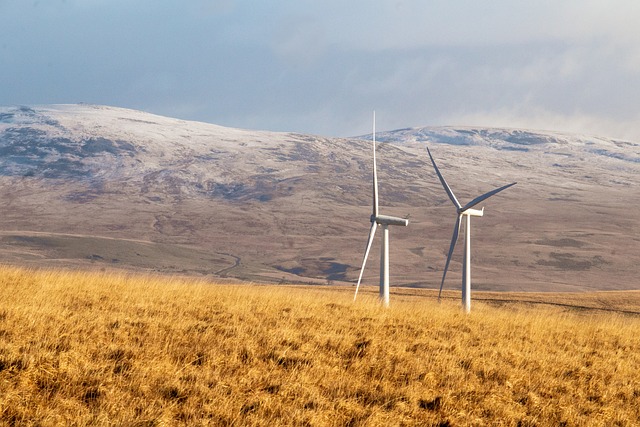Key Insights and Emerging Trends About the World Economy in 2024–2025

The global economy is in a state of transformation, shaped by shifting power dynamics, technological disruption, climate pressures, and post-pandemic recovery patterns. As we move further into 2025, here are the most important economic trends and insights that are defining our world.
1. Slower But More Resilient Growth
Global economic growth in 2024 slowed compared to previous years, but the risk of widespread recession has eased. The IMF forecasts modest growth, driven by emerging markets like India and parts of Southeast Asia. Economies are becoming more resilient, adjusting to inflationary pressures, geopolitical uncertainty, and tighter monetary policy.
2. Inflation Is Cooling—But Still a Concern
Inflation has eased in many major economies compared to 2022–2023 highs, but it hasn’t disappeared. Food, energy, and housing costs remain volatile in some regions. Central banks, including the U.S. Federal Reserve and European Central Bank, remain cautious, signaling that interest rates may stay elevated longer than expected.
3. The Rise of “Friendshoring” and Regional Trade
Global supply chains are shifting from just-in-time to just-in-case models. Countries are diversifying partners and focusing more on “friendshoring”—sourcing goods and services from politically aligned or nearby nations. This trend is reshaping trade alliances, especially between the U.S., Europe, and Asia-Pacific nations.
4. China’s Economic Rebalancing
China is moving away from an investment-heavy, export-led model toward one focused on domestic consumption and technological innovation. However, ongoing real estate sector issues and demographic challenges (an aging population) are slowing momentum. The global economy is watching China’s next moves closely.
5. Green Economy and Climate Investment Surge
Sustainability is now a core driver of investment and policy. Green technologies—like electric vehicles, renewable energy, and carbon capture—are attracting massive funding. Governments and corporations alike are treating climate change as both a challenge and an economic opportunity.
6. Artificial Intelligence Is Changing the Game
AI isn’t just a tech trend—it’s an economic force. In 2024, AI is already improving productivity, reshaping labor markets, and creating new business models. Economies that integrate AI effectively are expected to see major gains in competitiveness and GDP growth over the next decade.
7. Labor Markets Are Evolving Rapidly
A global talent reshuffle is underway. Hybrid work, digital nomadism, and automation are changing how, where, and what kind of work gets done. There’s strong demand for high-skilled workers in AI, green tech, and healthcare—while low-skill roles are increasingly vulnerable to automation.
8. Debt Levels Are High—Especially for Governments
Many countries borrowed heavily to deal with COVID-19 and economic shocks. Now, with interest rates high, managing public debt is becoming a serious concern. Expect tighter fiscal policies, tax reforms, and spending reviews in 2025 and beyond.
9. Digital Currencies and Financial Innovation
Central Bank Digital Currencies (CBDCs) are gaining traction, with pilots underway in countries like China, India, and the EU. Meanwhile, blockchain-based finance continues to evolve, despite regulatory scrutiny. Financial systems are gradually digitizing and decentralizing.
10. Geopolitical Risk Is Now a Core Business Metric
From the Russia–Ukraine war to U.S.–China tensions and conflict in the Middle East, geopolitical events now directly impact economic decisions. Businesses and investors are factoring in political stability, supply chain security, and national policy shifts more than ever before.
Image by Ed White from Pixabay





